Nancy Fulda learned to read under the auspices of the little boy across the street. She was three at the time; he was not much older. Since then, her writing has earned a Phobos Award, the Vera Hinckley Mayhew Award, and the Jim Baen Memorial Award.
Nancy has published stories in some of the most prestigious magazines in speculative fiction, including Asimov's Science Fiction Magazine and Jim Baen's Universe. Her nonfiction has appeared in venues such as Clarkesworld and Strange Horizons. She lives in Germany with her husband and three children.
A Demon by Any Other Name by Nancy Fulda
Words are funny things. They can be pernicious and slippery, especially when they are the building block of your trade and there's no way to predict whether your readers will interpret them the same way you do. I've seen the verb 'leer' applied to lecherous old men and innocently flirtatious teenage girls; clearly its meaning fluctuates with each writer.
Worse, some words are burdened by history. The word 'priest', for example, carries centuries of connotations, not all of them flattering. The word 'demon' will never completely escape its satanic origins, and will for that reason evoke powerful antipathy in some readers. Vampires, fairies, werewolves, sorcery; they are the bread and butter of mainstream fantasy fiction, and yet speculative fiction writers are shackled by the very words that give our stories life. I cannot write about deities without first separating the gods inhabiting my fictional world from the God reverenced in ours. I must also distance myself from the thousands of fictional gods encountered by my readers in thousands of novels available in bookstores around the world. In short, before I can communicate meaningful ideas through a historically-burdened word, I must first tear down large portions of what the reader thinks it means.
Software developers would describe these words as 'overloaded', which is a fancy way of saying they can take on multiple meanings depending on context. If my fictional rendition of the word closely parallels one of the meanings my reader is familiar with, I'm on reliable ground. One or two well-chosen details can guide the reader to the proper context, and the story can proceed apace.
If my fictional creatures don't fit conveniently into a mold -- if for example my vampires are a little bit like Stephanie Meyers and a little bit like Anne Rice's -- then I have wandered into enemy territory, and each wrong step may trigger a communication landmine.
What's an author to do?
Sometimes it's best to just grit your teeth and bear it. The emotional atmosphere provided by overloaded words can be extremely effective. Sometimes, however, it's best to let the reader build new connotations from scratch.
I first noticed this technique applied in Lois McMaster Bujold's Chalion series. In it, her gods are called 'gods' and her demons are called 'demons' -- no surprise there. Her priests, however, are called 'divines'.
Being an avid Bujold fan, I had read Curse of Chalion at least three times before I realized what she had done. Once I caught on, I stared at the page for three full minutes, admiring her genius.
Bujold's divines are priests in every objective sense of the word. They act as messengers between their gods and the populace. They receive divine inspiration and lead holy rites. But if Bujold had actually used the word 'priest', I would have initially imagined either stoic, elaborately robed priests of a Catholic flavor or sword-and-sorcery style mace-weilders ready to do battle, neither of which matches the tone of Bujold's book. A master author like Bujold could have filed away at my preconceptions, of course. But since, in addition to being a good rollicking adventure, Curse of Chalion is also a theological treatise, Bujold's purposes were far better suited by building off a clean foundation.
Bujold used a similar technique in her Sharing Knife books, in which a creature that could easily have been described as a demon was called a malice instead. Other authors do it, too. Peter Brett's demons are called corelings. Amanda Hocking's Trylle are a cross between elves and trolls. The list goes on, but my key point is that instead of creating a fictional terminology, each of these authors appropriated real words (or orthographically similar approximations thereof).
Don't get me wrong. Fictional languages a la Tolkien are beautiful and well-respected in fantasy. Please do not interpret this as a diatribe against Klingon, Pravic, or any other invented lingua. But sometimes, you need to dissociate yourself from a word's history without constructing an entire culture or making your readers feel like they need a dictionary just to keep the characters' roles straight. In these situations, co-opting an existing word offers your readers a memorable substitute for the historically-burdened one. The objective meaning of the word transfers easily; the connotations stay behind.
To find out more about Nancy, please visit her at her website: http://www.nancyfulda.com/. In the meantime, here’s a quick look at her book DEAD MEN DON’T CRY:
This whodunit mystery set on a distant colony planet was a finalist for the Writers of the Future Award. It is also included in the collection DEAD MEN DON'T CRY: 11 STORIES BY NANCY FULDA.
Thanks for swinging in today. Don’t forget I’m dishing it up with Sibel Hodge on Friday.
Until Then,
Ciao.
JET



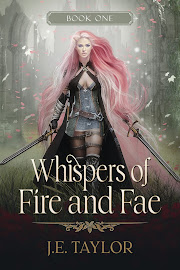


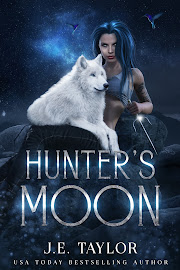





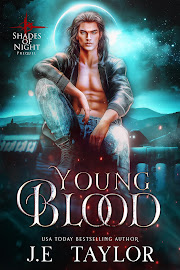
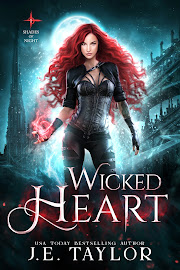
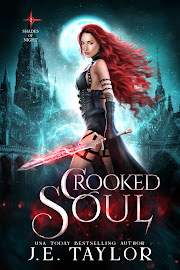
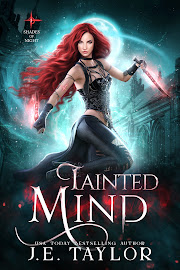
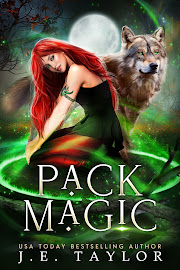


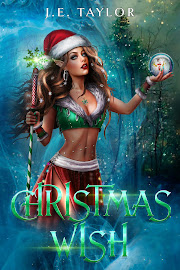
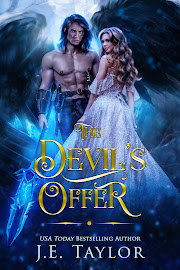

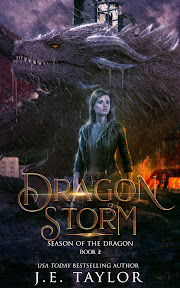





















































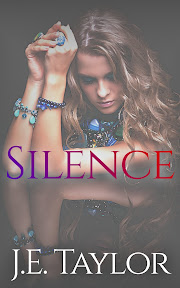

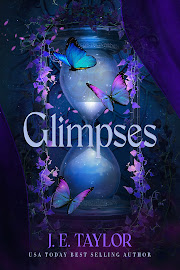
3 comments:
I do not like it, but Tim McGraw sings a ridiculous song where he compares how words were used "back then" and how they have totally different meanings now.
Thanks for playing Red’s Trick or Treat Bash! RedTash.com, Red sent me!
xoxoxo
Words can be tricky but invaluable in creating a story. I love words that create images, can transport me places and make me feel things. That's what hooked me on books.
Red sent me. RedTash.com
'Demon' *doesn't* have Satanic origins. It's an example of a word whose original meaning has in fact been almost completely lost due to overwhelming later associations.
Post a Comment